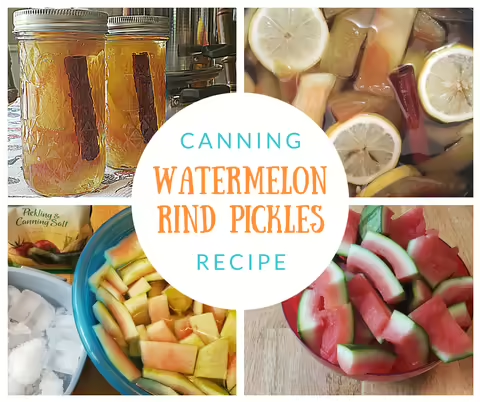
I couldn’t be happier with my steam canner which I purchased 3 years ago. I most often use it for making jams and salsa. Being that it’s made out of aluminum, it is light-weight and easy to use. The boiling-water canner is quite heavy when full and takes longer to reach a rolling boil. The steam canner, however, takes much less time to heat up since it only holds 6-8 cups of water. I highly recommend giving it a try!
The Atmospheric Steam Canner was approved in 2015 thanks to research published by the University of Wisconsin. Certain conditions must be met before you start canning with it.
1. The food must be high-acid (pH of 4.6 or below). This includes foods such as jams, jellies, salsa, and pickles. (Vegetables and meat are examples of low-acid foods and must be processed in a pressure canner.)
2. A research tested recipe developed for a boiling-water canner must be used in conjunction with the steam canner. Look for recipes from reputable sources such as the National Center for Home Food Preservation.
3. Processing time must be limited to 45 minutes or less (including any modification for elevation). Since there is less water, it can boil dry. If this happens, you will have to start the entire process over again. Find your altitude.
There are two small holes on either side of the canner lid. When you see steam funneling out about 8-10 inches, start your processing time. Steam should flow freely from the canner vent(s) during the entire process. I probably don't have to warn the seasoned canner but just be careful when lifting the lid, the steam can cause some nasty burns.
My latest canning project using the steam canner was for watermelon rind pickles. This is a sweet treat flavored with cinnamon and clove and a great way to utilize food scraps!
For more information on using steam canners safely, download the Guidelines for using a Steam Canner for Home Food Preservation from the University of Wisconsin Extension. You can also read more about the criteria for using steam canners.
Happy canning!
Source: Kristin Bogdonas is the nutrition and wellness educator serving Henry, Mercer, Rock Island and Stark Counties. Check out her latest food preservation webinar on Fermentation.
